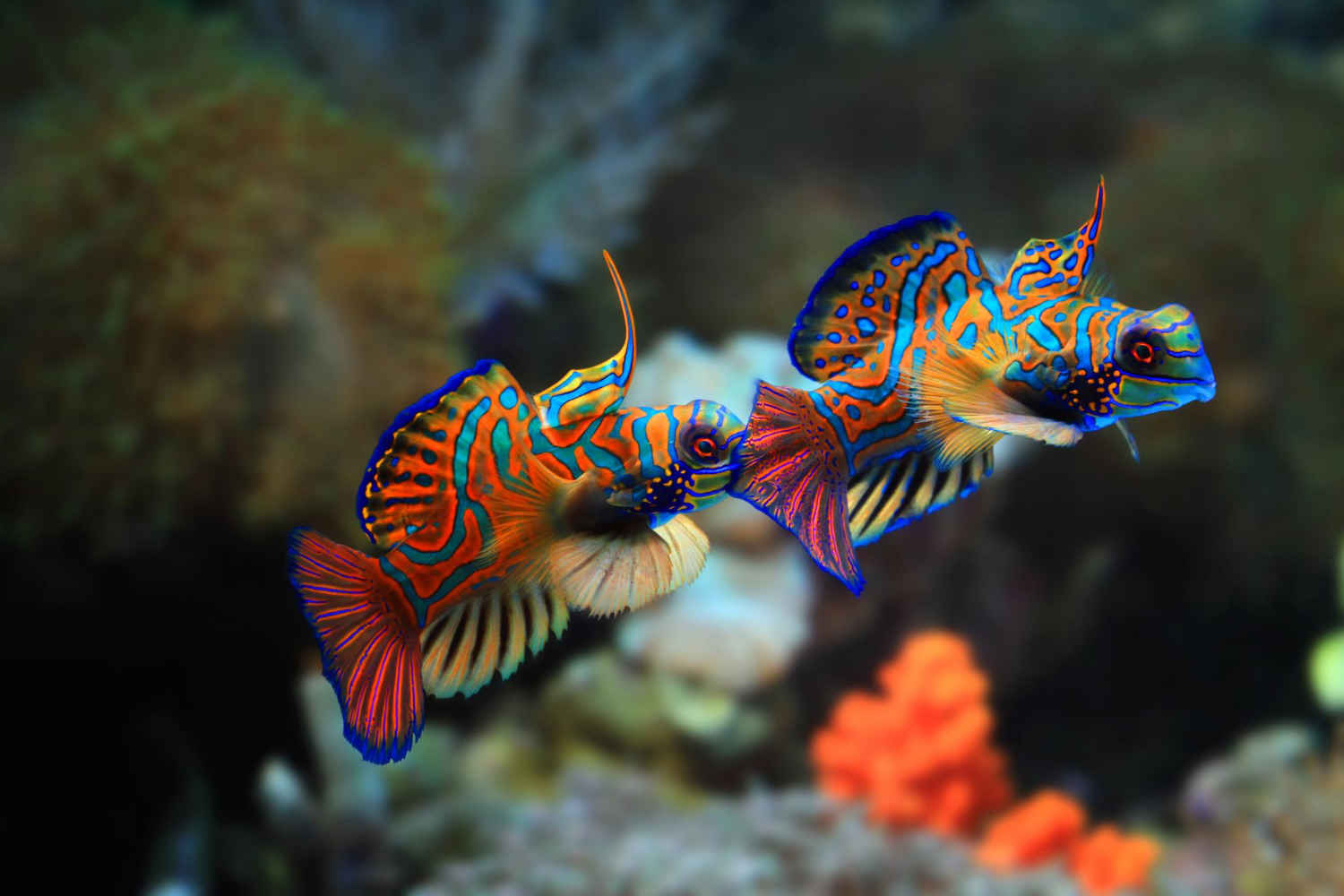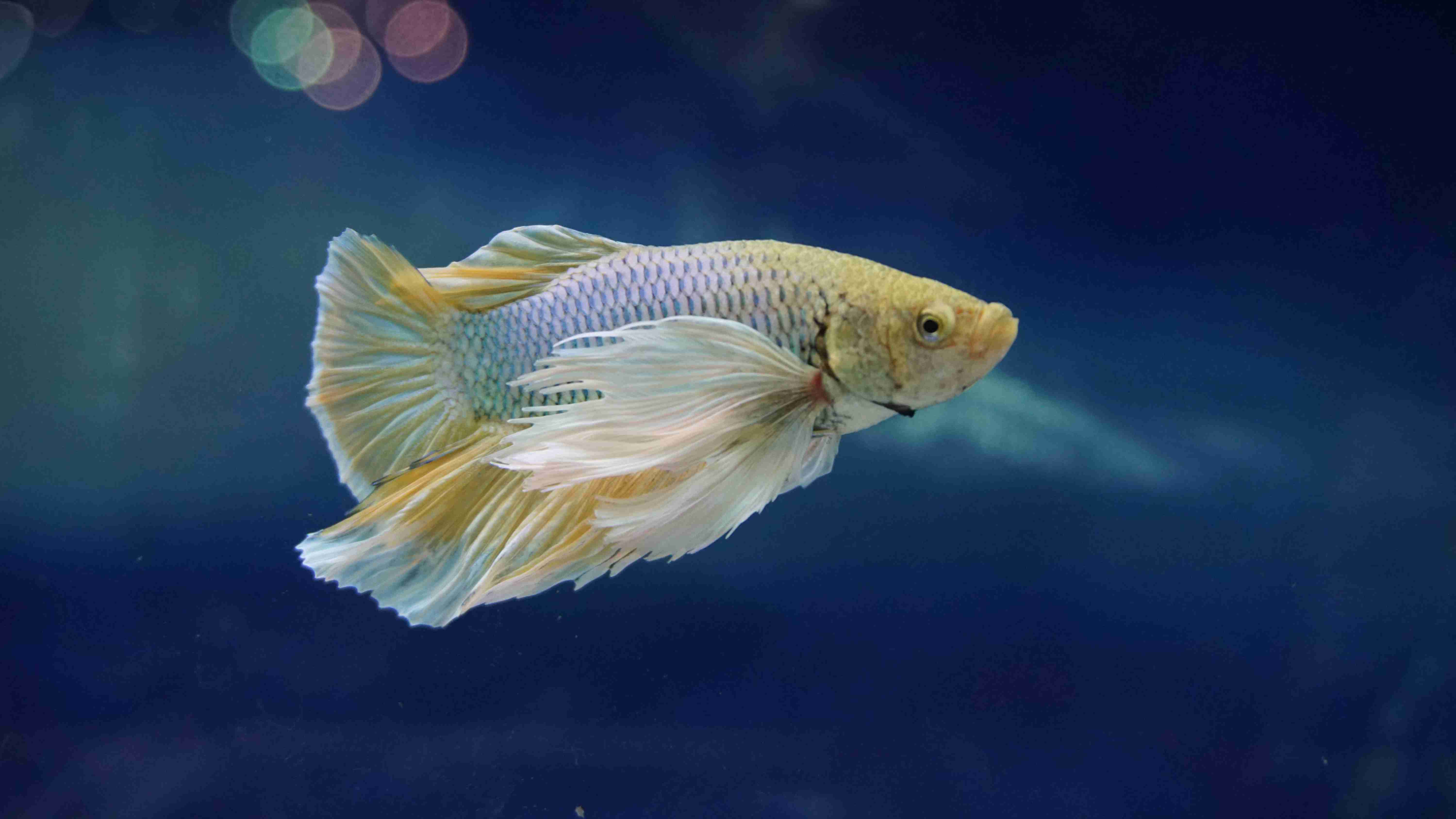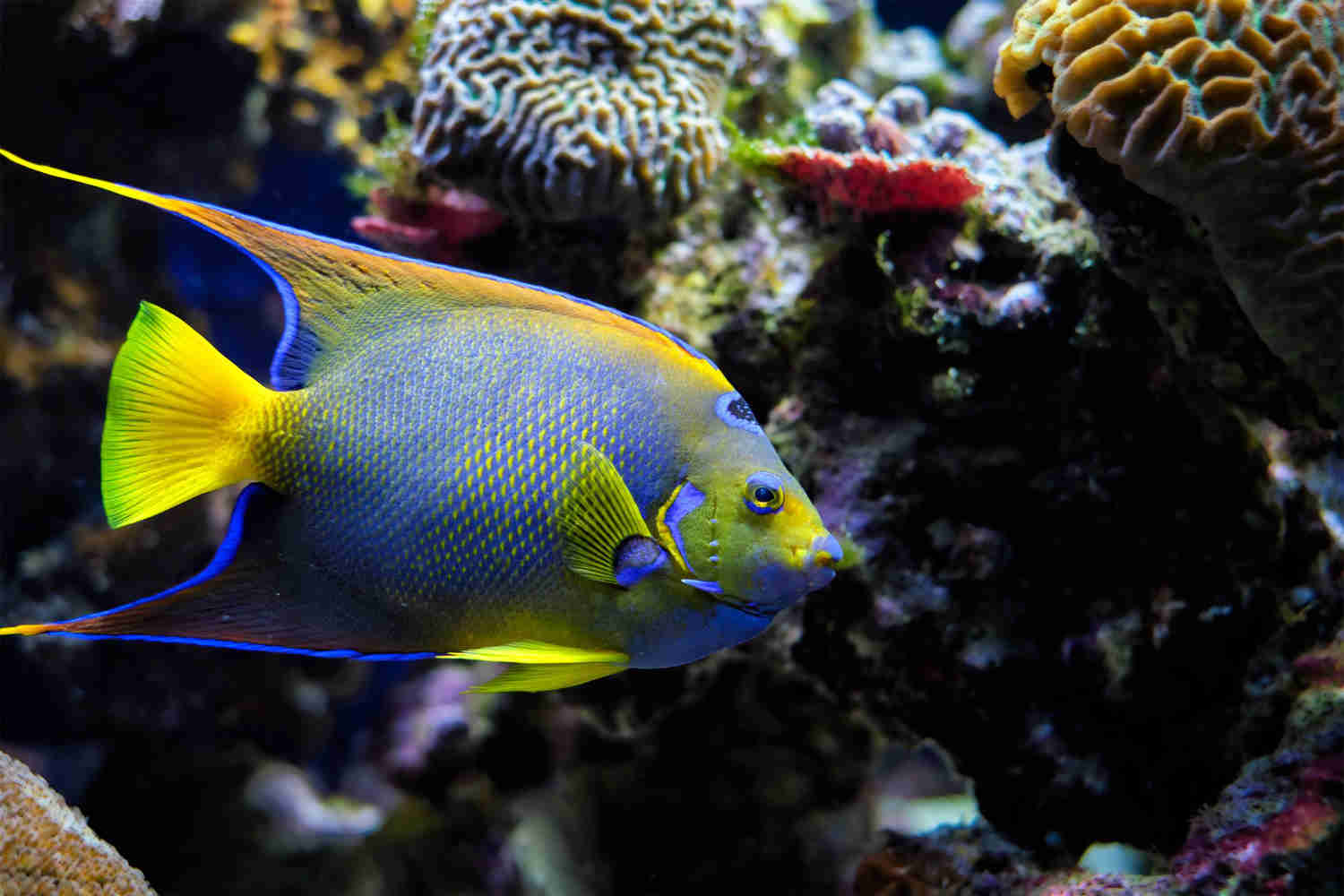Aquariums are a great way to bring a slice of nature into your home. They offer a peaceful and calming environment, and watching fish swim around can be incredibly soothing. But have you ever wondered if fish can get lonely in their aquariums? Do they need friends or companionship to lead a happy life? In this blog post, we’ll explore the social life of aquarium fish and answer the question on whether fish can get lonely. So, let’s dive in and find out!
Lonely Fish? Exploring the Social Life of Aquarium Fish
Aquariums are a popular way to bring nature indoors and enjoy the beauty of the underwater world. Fish are the most common inhabitants of aquariums, and many people believe that fish are solitary creatures that don’t need social interaction. However, recent studies have shown that fish are much more social than we previously thought. In this article, we will explore the social life of aquarium fish and answer the question: can fish get lonely?
The Social Lives of Aquarium Fish
Fish are not as solitary as we once believed. In the wild, fish often form schools or shoals to protect themselves from predators. These groups of fish are not just for protection, they are also vital for social interaction. Fish within a group communicate with each other, form hierarchies, and even develop friendships.
Aquarium fish can also benefit from social interaction. However, the social lives of aquarium fish can be quite different than their wild counterparts. Most aquarium fish are bred in captivity, and they may not have had the opportunity to develop social skills. For example, male betta fish, commonly known as Siamese fighting fish, are bred to be aggressive and territorial. They are often kept alone in small bowls or tanks, which can lead to stress and aggression.
Types of Social Interaction in Aquarium Fish
Fish are not capable of verbal communication like humans, but they communicate through body language and chemical signals. Some of the ways that fish interact with each other include:
1. Aggression: Some fish are naturally aggressive and will fight with other fish, especially during mating season or when establishing dominance. However, excessive aggression can be a sign of stress or overcrowding.
2. Courtship: Many fish species use complex courtship rituals to attract a mate. These rituals can involve dancing, displaying bright colors, or even building nests.
3. Parenting: Some fish species, such as cichlids, are known for their complex parenting behaviors. They may protect their eggs and fry, or even provide care for their young after they have hatched.
 - Copy.jpg)
4. Grouping: Many fish species form schools or shoals to protect themselves from predators. These groups can also provide social interaction and a sense of community.
Can Fish Get Lonely?
Fish are capable of experiencing stress and loneliness, just like humans. In fact, studies have shown that fish can become depressed if they are kept in isolation or in a stressful environment. Signs of depression in fish can include lethargy, loss of appetite, and even self-harm.
However, it is important to note that not all fish need social interaction. Some species, such as catfish and loaches, are naturally solitary and prefer to live alone. It is important to research the specific needs of your fish species to ensure they are living in a suitable environment.
Creating a Social Environment for Your Aquarium Fish
If you want to create a social environment for your aquarium fish, there are several things you can do:
1. Provide plenty of hiding places: Fish need places to hide and feel safe. Adding plants, rocks, and other decorations to your aquarium can create hiding places for your fish.
2. Add compatible tankmates: Not all fish get along with each other, so it is important to research which species are compatible. Adding compatible tankmates can provide social interaction for your fish.
3. Provide a variety of food: Fish enjoy a variety of food, and offering different types of food can encourage social interaction.
4. Keep the tank clean and spacious: A clean and spacious tank is essential for the health and happiness of your fish. Overcrowding and poor water quality can lead to stress and aggression.
Fish are much more social than we once believed, and they are capable of experiencing stress and loneliness. If you want to create a social environment for your aquarium fish, it is important to research the specific needs of your fish species. Providing hiding places, compatible tankmates, a variety of food, and a clean and spacious tank can help create a happy and healthy environment for your fish. Remember, a happy fish is a healthy fish!
In conclusion, aquarium fish are more social than most people think, and they can be affected by loneliness. The need for social interactions, playtime, and stimulation is not unique to humans, and it applies to all living creatures, including fish. If you are planning to keep fish as pets, it’s essential to provide them with a suitable environment, companions, and activities that can keep them entertained and happy. By doing so, you can improve their quality of life, reduce stress, and create a harmonious aquarium ecosystem. So, next time you notice your fish acting strangely or seemingly depressed, remember that they might just need some company.


%20-%20Copy.jpg)


.jpg)


